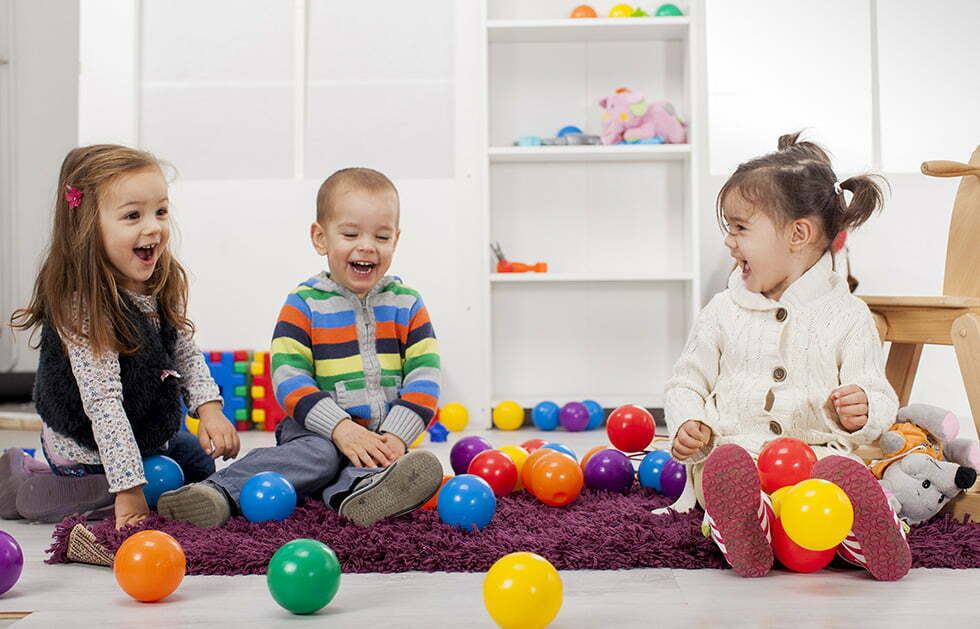Today I want to take up a subject in which a lot of teens have been sent to me to “handle” their confusions on relationships. At what point in their life is it acceptable to begin having sex? So let’s look at the basics on this and how to determine the right from the wrong in this area.
First, how do we determine what is good, and good for what reason? Let’s look broadly at everything from the basis of, “What is going to be the best for our survival and give us the best survival potential across all areas of life?” That gives us a good starting point and foundation for planning and action.
One definition of good is: “being more successful than one is unsuccessful along constructive lines.” (Introduction to Scientology Ethics by L. Ron Hubbard) If you understand that constructive means “that which is helpful” then you can easily see that if one’s actions are not helpful or constructive to one’s survival, then it is to that degree “not good”.
That sounds way too simple, right? Well, it is simple to understand, just not so simple to act on. When you have a human body here on planet Earth that has its goal of “expanding the species” calling to you, urging you on in ways you sometimes can’t possibly understand at the moment it is happening, how do you stay at cause over this urging; this desperate push to release that tension and to know that you are doing it for the correct reasons?
To be fair to all teens, the human body is constructed to create and expand the species from about the age of 15 on. It is not the teenagers’ fault that we’ve developed a society that does not give them the skills, opportunities or education to be able to easily and successfully raise a child at a young age. So to accuse them of getting involved at too young an age for this society, or to constantly throw out examples and threats of how horrible their lives will be if they do, is unfair and not at all helpful.
What we can do is to teach them to reason well and to be in control of their bodies and lives in order to achieve the maximum long-term pleasure and survival they deserve.
So when teens come to me to be enlightened on this subject, this is what I go over with them:
In life there are eight different urges and ways in which we survive. These eight different parts are called the 8 Dynamics. For the purpose of this article, I am going to take up the first two (also from Introduction to Scientology Ethics).
The First Dynamic is: The urge for survival as oneself. The Second Dynamic is: The urge to survive through a) sex (the procreation of the species) and b) the rearing of children.
Some teens have the misunderstanding of the Second Dynamic in thinking that because it has two parts to it, that the two parts can be separated and one can take up only part A and not include part B in it. Part B is the natural outcome and reason that part A exists.
The human body was designed so that the act of procreation is pleasurable. This drives the body to desire the act of sexual intercourse and urges the person to want to and (in some cases, feel they have to) engage in it. This is the blueprint. This is the way the expansion of the species is guaranteed. Therefore, it is (or should be) pleasurable to the individual experiencing it. Without the second part of the Second Dynamic (the rearing of children) included as the product of part A, we’re really just talking about the First Dynamic! It’s just you experiencing pleasure for yourself! — Right?
Let’s look at it more closely: some guy (or girl) sees a cute girl (or guy) and says, “Yay! I’ll be with that girl (or guy)!” The next day they see someone else just as cute and, “Wooo! I have to be with that girl (or guy)!” And so on.
Before long they have a pregnancy, possibly with someone who does not have the same intentions and goals as they do. Or maybe they’re not with the person they MOST wanted to be with. They then lose the opportunity to be with that person they most want to or really should be with. Worse yet, they may now have some sexually transmitted disease that they will have to deal with for the rest of their adult life, threatening their future relationships or even their lives.
Is that constructive? Is that the best possible survival?
When you enter the game of love and romance, you should play that game with the intention of winning. What is winning in the game of love? It would be to establish a long-term relationship with someone you truly care for and want to spend your life with.
If someone were to take control and decide what their personal goals are and decide exactly what they need and want from a partner on a long-term basis, they could then have the control to just “date”. They could become good friends and have fun with anyone they want until such time as they find the individual that really fits those goals, needs and wants. They might then consider having protected sex knowing that if a pregnancy were to occur that they, together as a team, would enjoy their time together raising that child. Wouldn’t that bring a greater survival potential? Wouldn’t that be more constructive?
When you pick a romantic partner, you are picking a person whom you are essentially agreeing to take responsibility for and them for you. I find that people believe that one can be happily part of a group and that your friends and that group will help and aid your survival. That may be true, and a good friend and group will do that, but caring for you personally is not the responsibility of the group.
I am not saying that you don’t take responsibility for yourself, but I am saying that in choosing a family, these are the people you are agreeing to help. This is true when they are sick, whether you are going to take up the financial slack for them, get them food and medicine or help them in and out of bed. In some cases, this could mean even cleaning up their sickness or wiping their bottoms.
You are committing yourself and saying that you care enough and love this person enough that you would be willing to do all this if needed. You should also ensure that your prospective partner is committing to the same thing, as that would give you the greatest survival potential in return. Others may help, but family members are the ones that are expected by society to be there for this function. When they are not there to assist to any degree, it is a hardship on your friends and society as a whole.
On the up side of that, when you make that commitment to another, you are also committing to the joy and fun of sharing a life together. This should be more often the case than the above scenario. If you truly are caring for each other, you are much less likely to have illness and injuries occurring in your life. You will have way more fun. You will be there to cheer each other on and support each other in your personal and mutual endeavors. The two of you will work against all counter-intentions to achieve your goals both as individuals and as a family.
Consider this concept. Work out all the ways you have not seen it this way. Then inspect all the ways you have seen it this way. Observe for yourself what is really true about what I have written here and what isn’t. You’ll then find out for yourself which is the best, most constructive and most survival course to take.
I hope this helps in understanding this subject better. I am interested in hearing your thoughts on what I’ve expressed here.
Wishing you joy,
Diane DiGregorio Norgard
Mace-Kingsley Family Center
727-442-3922





